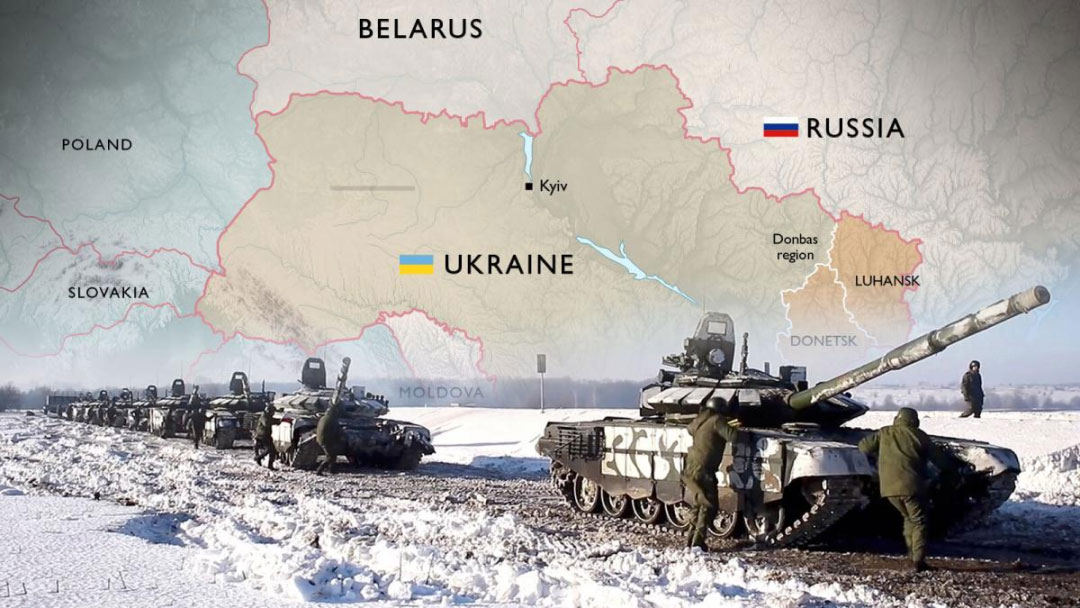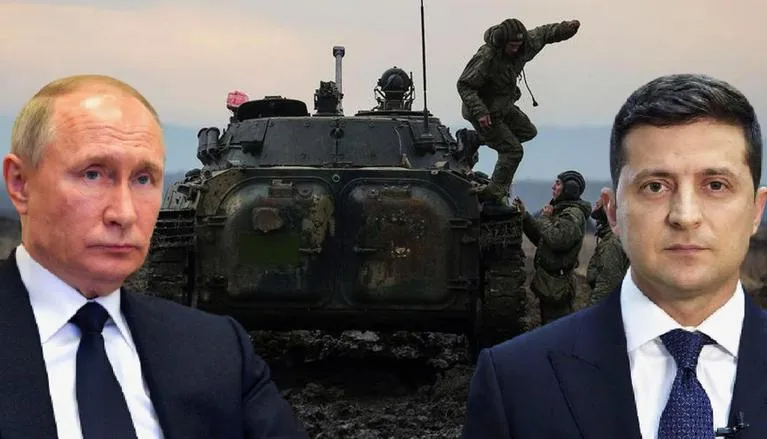
Feng Yujun, Vice President, Institute of International Studies at Fudan University
Apr 07, 2022
No matter how things go on the battlefield, Russia seems to have lost politically, economically and diplomatically. While the strategic center of gravity has shifted, Russia remains obsessed with territorial expansion and control of natural resources.
Kemel Toktomushev, Research Fellow, University of Central Asia
Mar 28, 2022
China has remained relatively quiet on Russia’s invasion of Ukraine, to the annoyance of the West. There may be several explanations for Beijing’s aloofness.
Brian Wong, Assistant Professor in Philosophy and Fellow at Centre on Contemporary China and the World, HKU and Rhodes Scholar
Mar 23, 2022
China’s close strategic ties to Russia make it hard to come out in full-throated condemnation of the violence in Ukraine along with much of the world. Yet there are actionable methods that China can use to try and help save lives of innocent citizens.
Wang Zhen, Professor and Deputy Director, Institute for International Relation Studies, Shanghai Academy of Social Sciences
Mar 23, 2022
The Russia-Ukraine conflict undermines the prospects for prosperity and security around the world — and that includes China, whose economic development recent years had depended upon a stable external strategic environment.
Li Yan, Director of President's Office, China Institutes of Contemporary International Relations
Mar 23, 2022
Fast-moving events are forcing the United States to adopt a more cooperative posture toward China, whose help it needs to meet the expectations of the international community. Cooperation has assumed increasing real-world importance.

Lucio Blanco Pitlo III, President of Philippine Association for Chinese Studies, and Research Fellow at Asia-Pacific Pathways to Progress Foundation
Mar 10, 2022
The crisis in Ukraine grows worse as fighting rages on in what is sure to be one of this decade’s defining episodes. Whatever the outcome is, the result will drastically shift the landscape of the international community.
Yasheng Huang, Professor, MIT’s Sloan School of Management
Mar 08, 2022
China’s response to Russia’s war against Ukraine has been heavily scrutinized and criticized. While Chinese officials have expressed concern about civilian casualties, they have declined to condemn the attack, which they regard as a response to NATO expansion, and they have declared that they will not join the West in imposing financial sanctions on Russia. Yet China has hardly given full-throated support to Russian President Vladimir Putin. The question is whether this relatively neutral stance by China could prove crucial to preventing further dangerous military escalation.
Stephen Roach, Senior Fellow, Yale University
Mar 08, 2022
History’s turning points are rarely evident with great clarity. But the February 4 joint statement of Russian President Vladimir Putin and Chinese President Xi Jinping as the Winter Olympics opened in Beijing may be an exception – signaling a new turning point in a new Cold War.
Curtis S. Chin, Former U.S. Ambassador to Asian Development Bank
Jose B. Collazo, Southeast Asia Analyst and an Associate at RiverPeak Group
Jan 24, 2022
The winners and losers of the last year tell a story of turbulence and change in a year that saw the world make it through 12 more months of global pandemic and simmering geopolitical tensions, without resolving either issue.
Minxin Pei, Tom and Margot Pritzker ’72 Professor of Government , Claremont McKenna College
Jan 07, 2022
During the Cold War, Europe was America’s strategic priority. East Asia was largely a sideshow, even though the United States fought bloody wars in Korea and Vietnam, and also provided security for Japan, South Korea, and Taiwan.
Back to Top

- China-US Focus builds trust and understanding between the U.S. and China through open dialogue among thought leaders.
- Our Offerings
- Topics
- Videos
- Podcasts
- Columnists
- Research Reports
- Focus Digest
- Stay Connected
-
Thanks for signing up!
- Get the latest stories from China-US Focus weekly.